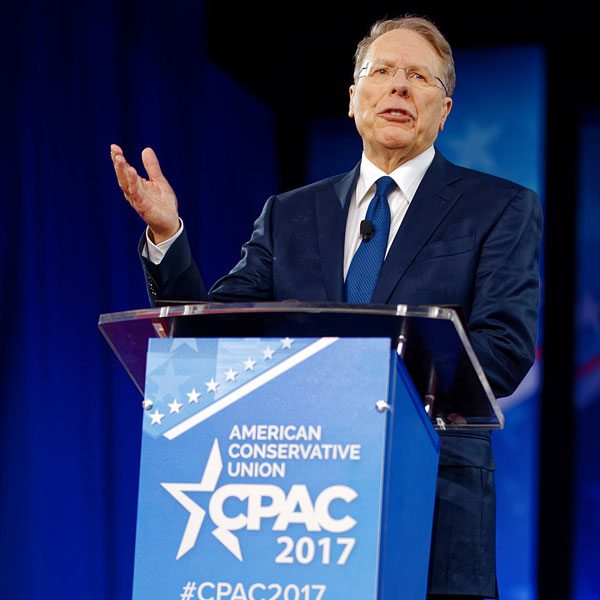
March 27, 2018; PBS NewsHour (Associated Press)
Yesterday, Sen. Ron Wyden, the ranking Democrat on the Senate Finance Committee, asked the National Rifle Association to provide the committee with internal records about the sources and uses of any foreign funding it has received over the past three years.
The committee wants to see whether any of that money was used to influence US elections, as a McClatchy Report suggested in January, saying, “The NRA reported spending a record $55 million on the 2016 elections, including $30 million to support Trump—triple what the group devoted to backing Republican Mitt Romney in the 2012 presidential race. Most of that money was spent by an arm of the NRA that is not required to disclose its donors.”
Sign up for our free newsletters
Subscribe to NPQ's newsletters to have our top stories delivered directly to your inbox.
By signing up, you agree to our privacy policy and terms of use, and to receive messages from NPQ and our partners.
NRA general counsel John Frazer has acknowledged that the nonprofit has received foreign funding, but he says that none of it has gone towards influencing elections or political campaigns—which would be prohibited under law.
As readers may remember, an investigation has shown that Donald Trump’s son, Don Jr., met with Alexander Torshin, the deputy governor of Russia’s central bank (who has a close relationship with the NRA) at the 2016 annual meeting of the organization, though it uncovered no evidence that the presidential election was discussed at that time.
As we cover this story, we are reminded of the stories we covered when Russia implemented its own rules around NGOs they deemed to be foreign agents, an act widely seen as an attempt to shut down dissent and civil society. In this case, of course, the circumstances are very different, but it’s a moment to sit back and reflect about the underlying issues of cross-boundary funding.—Ruth McCambridge













